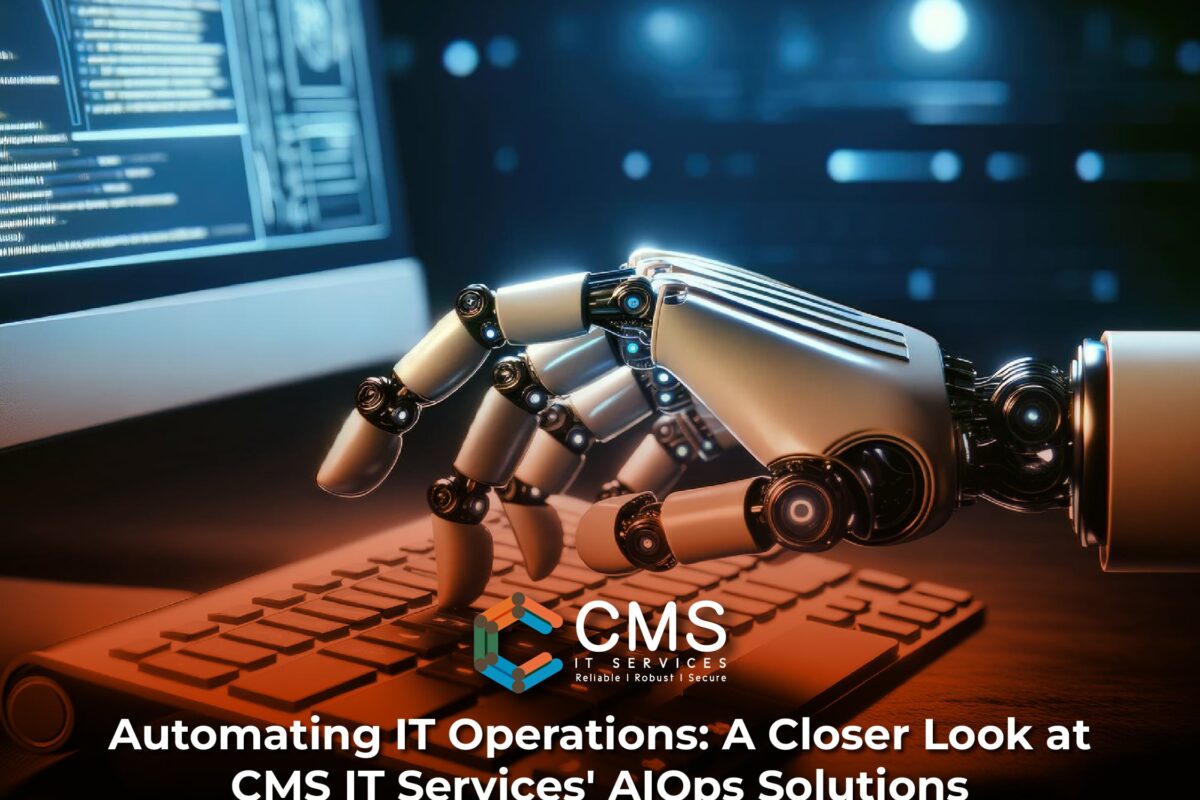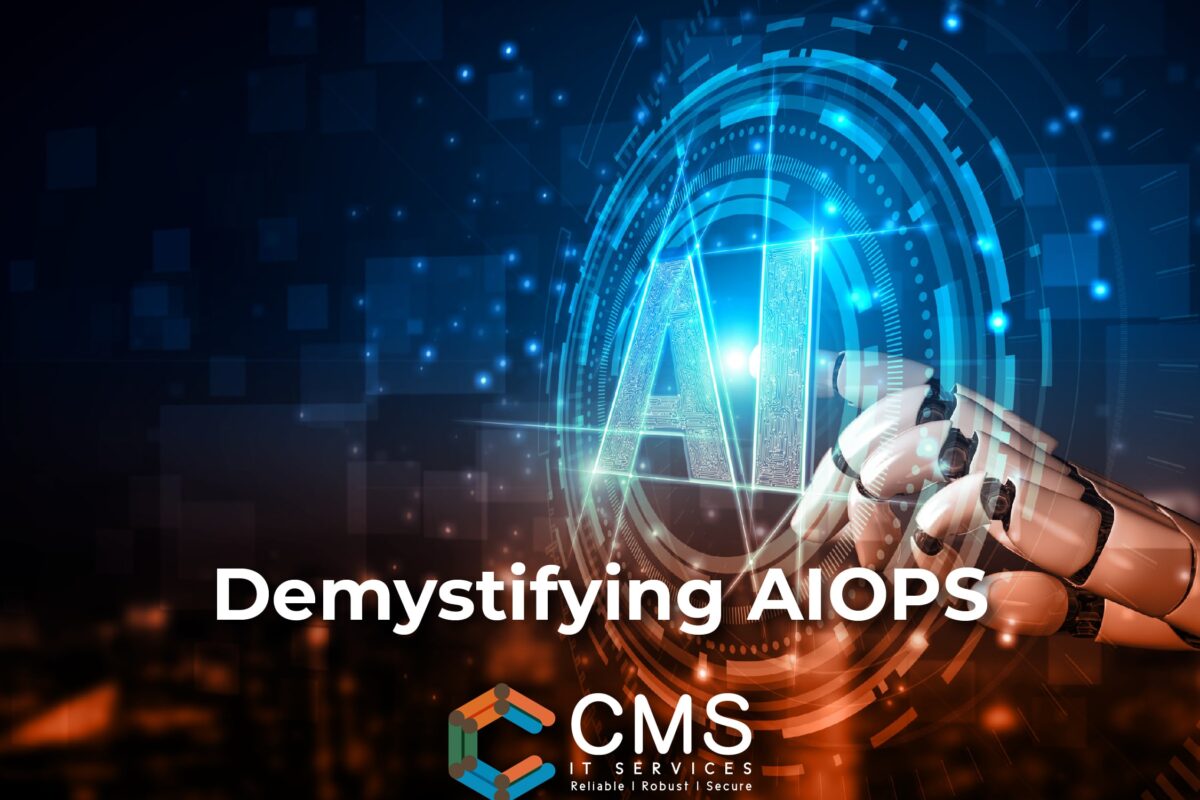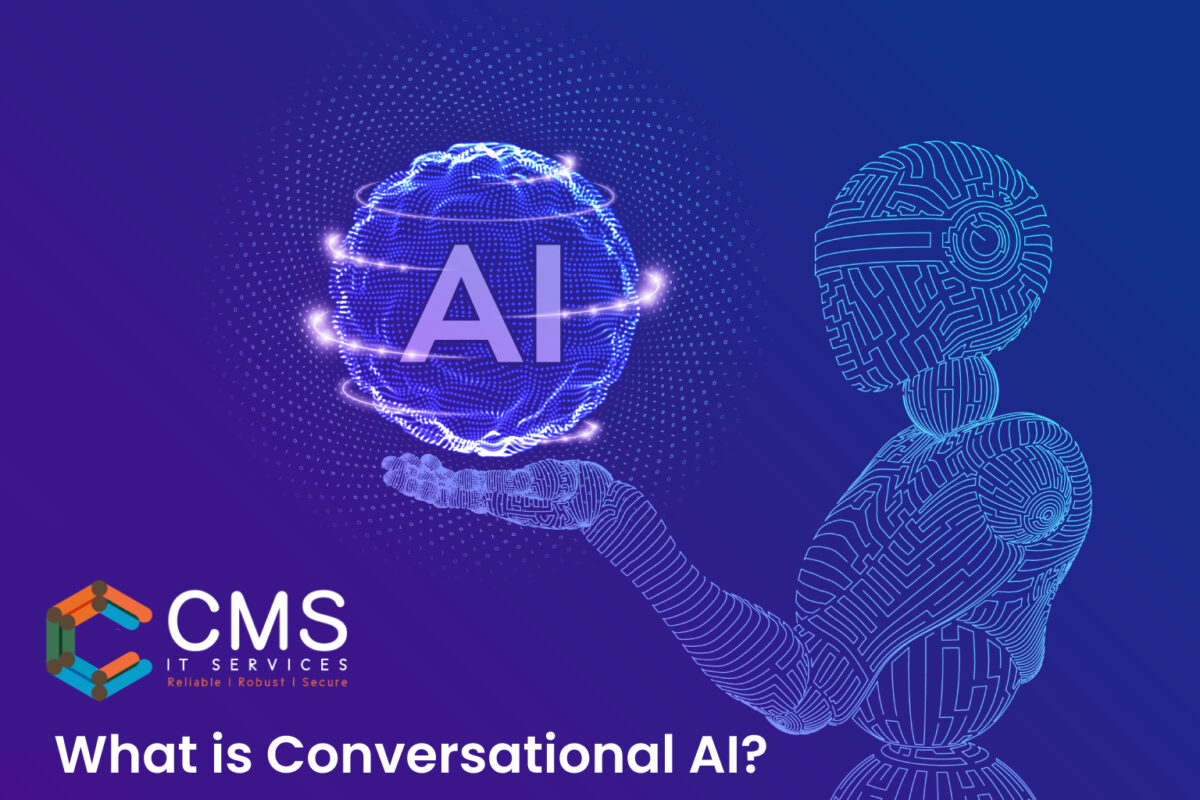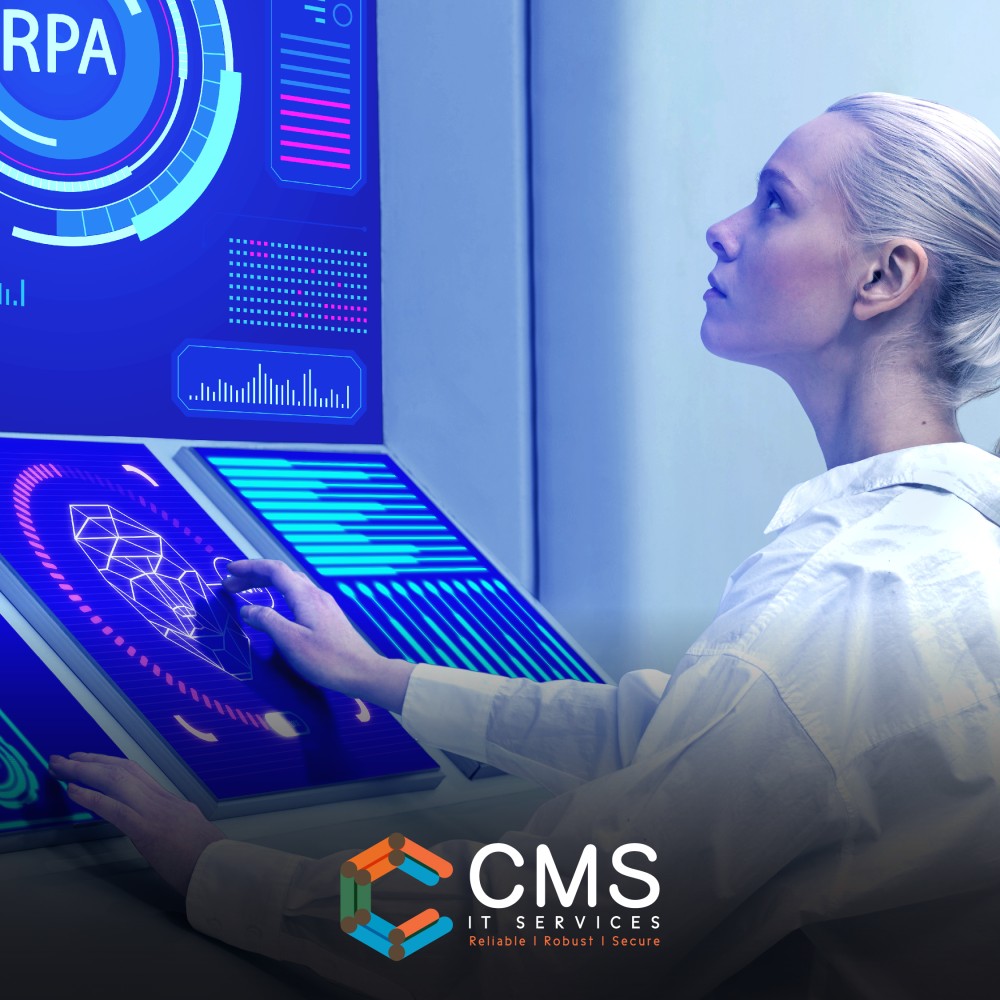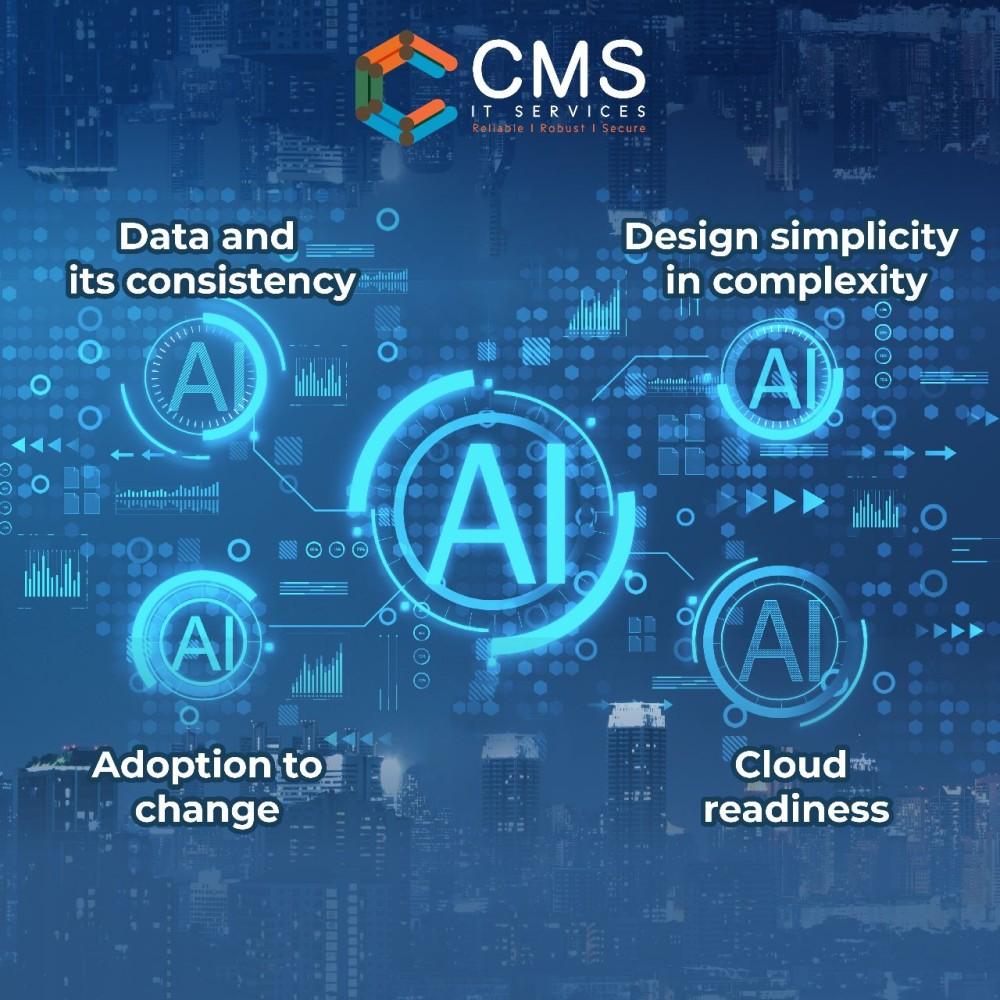In today’s digital landscape, businesses are constantly seeking innovative solutions to streamline their operations and enhance efficiency. One such groundbreaking technology that has gained significant traction in recent years is AIOps Solutions. AIOps, short for Artificial Intelligence for IT Operations, represents a transformative approach to managing IT infrastructure and services. In this article, we delve into the intricacies of AIOps Solutions, exploring their definition, importance, and the role they play in driving organizational success.
Understanding AIOps Solutions
Definition of AIOps Solutions: AIOps Solutions encompass a suite of technologies and practices that leverage artificial intelligence (AI) and machine learning (ML) algorithms to automate and enhance various aspects of IT operations. By analyzing vast volumes of data in real-time, AIOps platforms can detect patterns, anomalies, and trends, enabling proactive issue resolution and predictive insights.
Importance of AIOps Solutions: In today’s digital era, where downtime and disruptions can have significant financial and reputational repercussions, AIOps Solutions are invaluable assets for businesses. By providing visibility across the entire IT infrastructure, AIOps platforms empower organizations to identify and address potential issues before they escalate, thereby minimizing downtime and optimizing performance.
Benefits of AIOps Solutions
Enhanced Operational Efficiency: One of the primary benefits of AIOps Solutions is the enhancement of operational efficiency. By automating routine tasks, such as system monitoring, troubleshooting, and incident management, AIOps platforms enable IT teams to focus their efforts on strategic initiatives, thereby increasing productivity and agility.
Proactive Issue Resolution: Traditional IT monitoring approaches are reactive, often requiring manual intervention to address issues after they occur. In contrast, AIOps Solutions adopt a proactive approach, leveraging advanced analytics and predictive modeling to anticipate problems before they impact business operations. This proactive mindset not only minimizes downtime but also enhances the overall reliability and resilience of IT systems.
Implementation Strategies
Assessing Organizational Readiness: Before embarking on an AIOps implementation journey, it is essential for organizations to assess their readiness and maturity in terms of data management, infrastructure, and organizational culture. Conducting a comprehensive assessment allows businesses to identify potential challenges and gaps, enabling them to develop a tailored implementation roadmap.
Integration with Existing Systems: Successful integration of AIOps Solutions requires seamless interoperability with existing IT systems and processes. By leveraging APIs and integrations, organizations can ensure that AIOps platforms complement and enhance their existing toolsets, rather than introducing silos or duplication of efforts.
Best Practices for AIOps Solutions
Data Management and Analysis: Central to the effectiveness of AIOps Solutions is the quality and availability of data. Organizations should prioritize data governance, ensuring data accuracy, integrity, and security. Additionally, investing in robust analytics capabilities enables businesses to derive actionable insights from their data, driving informed decision-making and continuous improvement.
Collaboration between IT Teams: A successful AIOps implementation requires close collaboration between cross-functional IT teams, including operations, development, and security. By fostering a culture of collaboration and knowledge-sharing, organizations can break down silos and leverage the collective expertise of their teams to drive innovation and problem-solving.
Case Studies
Real-World Examples of AIOps Implementation: To illustrate the practical applications and benefits of AIOps Solutions, let’s explore some real-world case studies. From predictive maintenance in manufacturing to anomaly detection in financial services, AIOps platforms have demonstrated their versatility and effectiveness across various industries.
Success Stories from CMS IT Services Clients: At CMS IT Services, we take pride in our track record of delivering transformative AIOps Solutions to our clients. Through a combination of cutting-edge technology and industry expertise, we have helped businesses unlock new levels of efficiency, reliability, and agility. Explore our success stories to learn how AIOps Solutions from CMS IT Services are driving innovation and empowering businesses to thrive in today’s digital economy.
Future Trends
AI Advancements Shaping AIOps Solutions: As AI and ML technologies continue to evolve, we can expect AIOps Solutions to become even more sophisticated and impactful. From advanced predictive analytics to autonomous remediation, the future of AIOps holds immense promise for businesses seeking to stay ahead in an increasingly competitive landscape.
Predictions for the Future of AIOps: Looking ahead, we anticipate continued growth and adoption of AIOps Solutions across industries. With advancements in AI, automation, and cloud computing, AIOps platforms will play a pivotal role in driving digital transformation and enabling organizations to achieve their strategic objectives with greater speed and efficiency.
Conclusion | AIOps Solutions
In conclusion, AIOps Solutions represent a paradigm shift in how businesses manage and optimize their IT operations. From enhancing operational efficiency to enabling proactive issue resolution, the benefits of AIOps are clear and compelling. By embracing AIOps Solutions from CMS IT Services, organizations can gain a competitive edge, drive innovation, and unlock new opportunities for growth and success.
